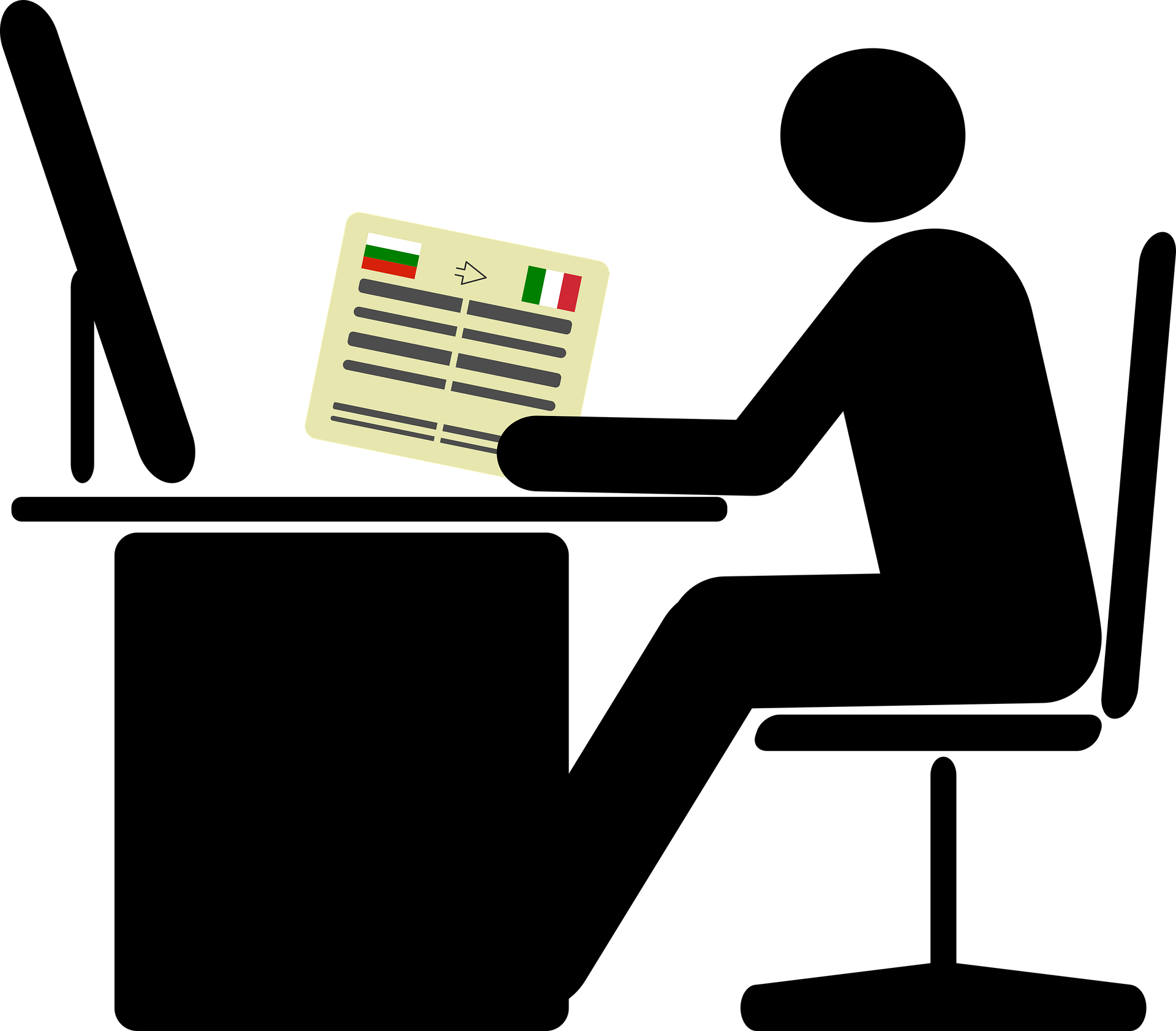
International Translation Day: 30th September
 By Dr Birbal Jha*
By Dr Birbal Jha*
Translation is a comparison between two languages. Hence, one is required to be versed in both of the languages in question to translate one language into another with a clear understanding, in absence of which one can’t do justice to the target lingo and literature.
The benefits of literary works of great authors of the world must not remain confined to certain pockets of society only. Rather literary values must percolate down through all sections of society, irrespective of their geographical regions and linguistic diversities. This is all possible through the translation of particular literature into a language that people know and understand without a hitch.

As far as the practical limitations of translation are concerned, it is beyond one’s mental capacity to learn all the languages which noted authors have used in their publications as there are 5000 odd languages in the world, that an individual cannot acquire. Therefore, translation is a need.
Also read: The word daughter originates from the Sanskrit root ‘dohita’
Moreover, concerning the need for transliteration and social transformation, while on the one hand, the litterateurs go places with their works being translated suitably into the language the target audiences use in their communications; the bounties reach society at large on the other hand. Thus, enlightenment through the studies of literature reaches everywhere.
However, at times translation kills the spirit of a language and literature when the translator fails to understand the author. Translation skills refer to high proficiency in languages and a clear understanding of thought processes.
Notably, for a language learner, the translation method is not the right approach as it does not allow one to have a natural flow and flair for the particular language.
*The writer is a noted author, accredited with having created a revolution in English training In India with the slogan ‘English for all’.





